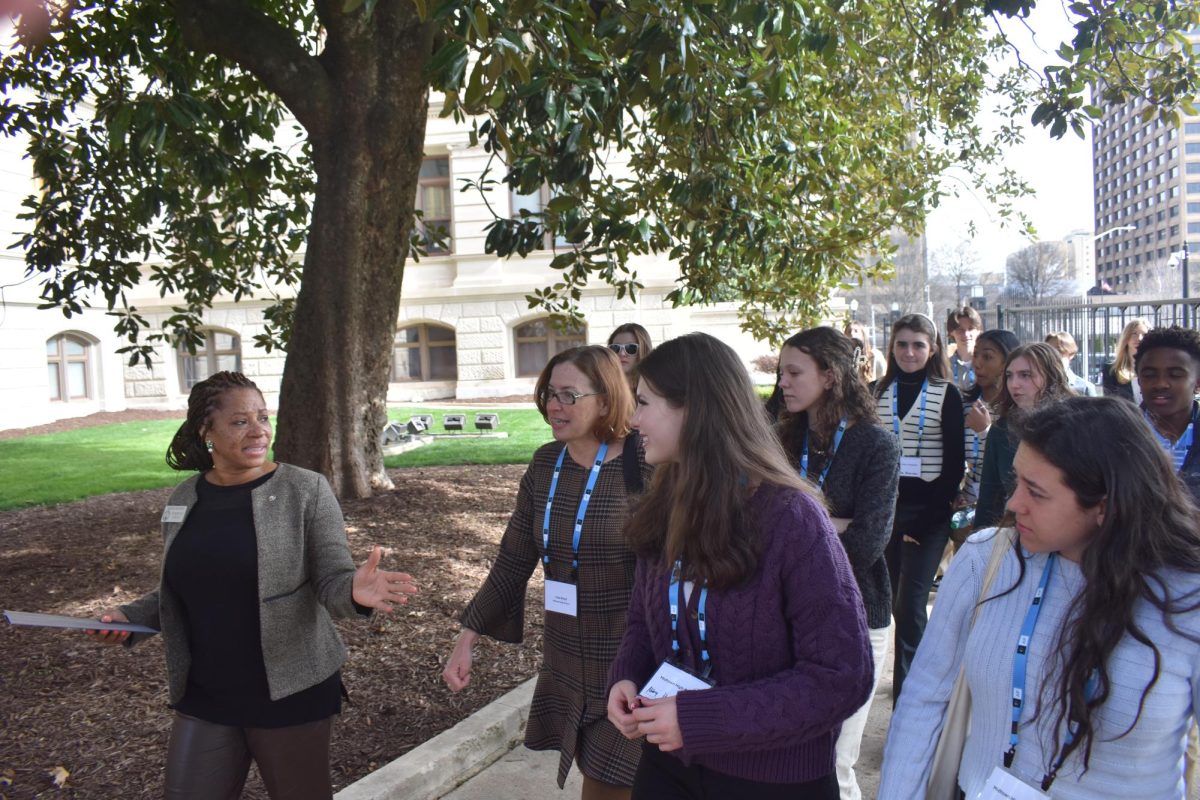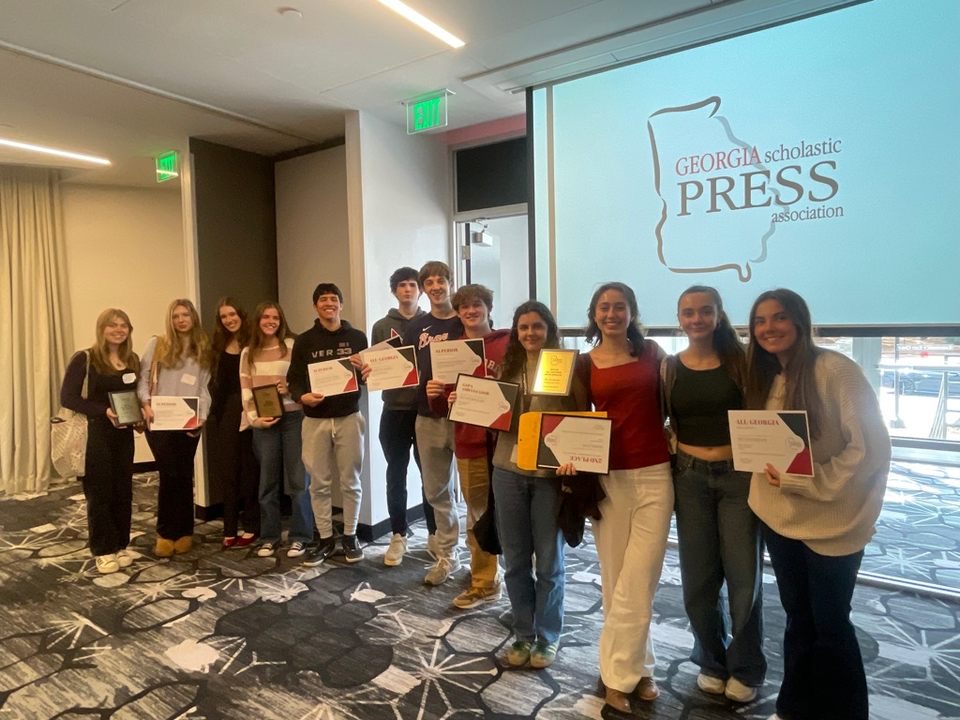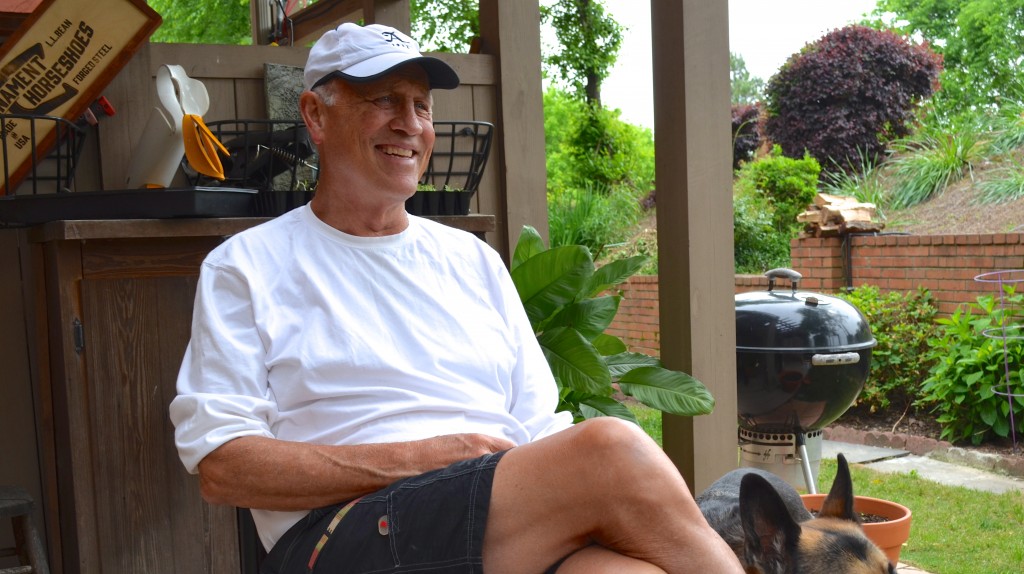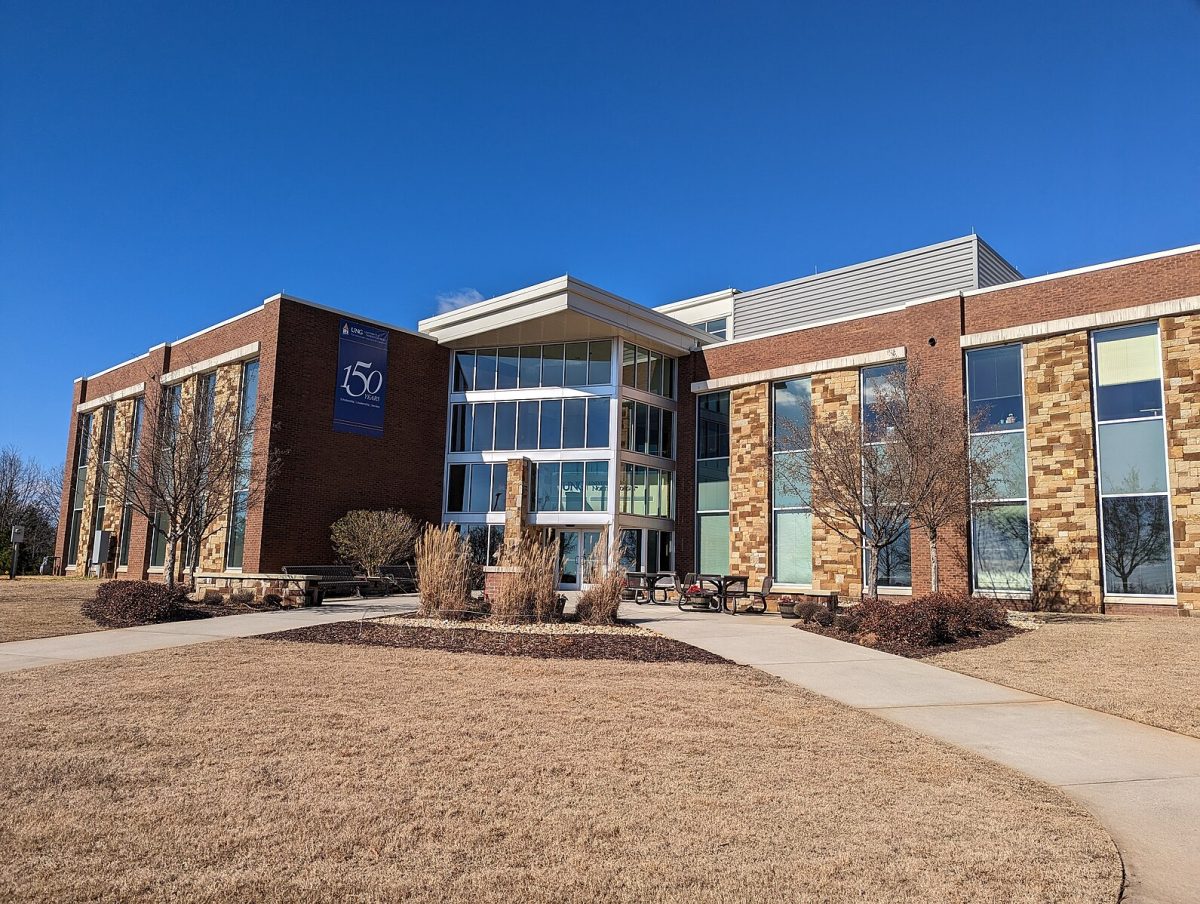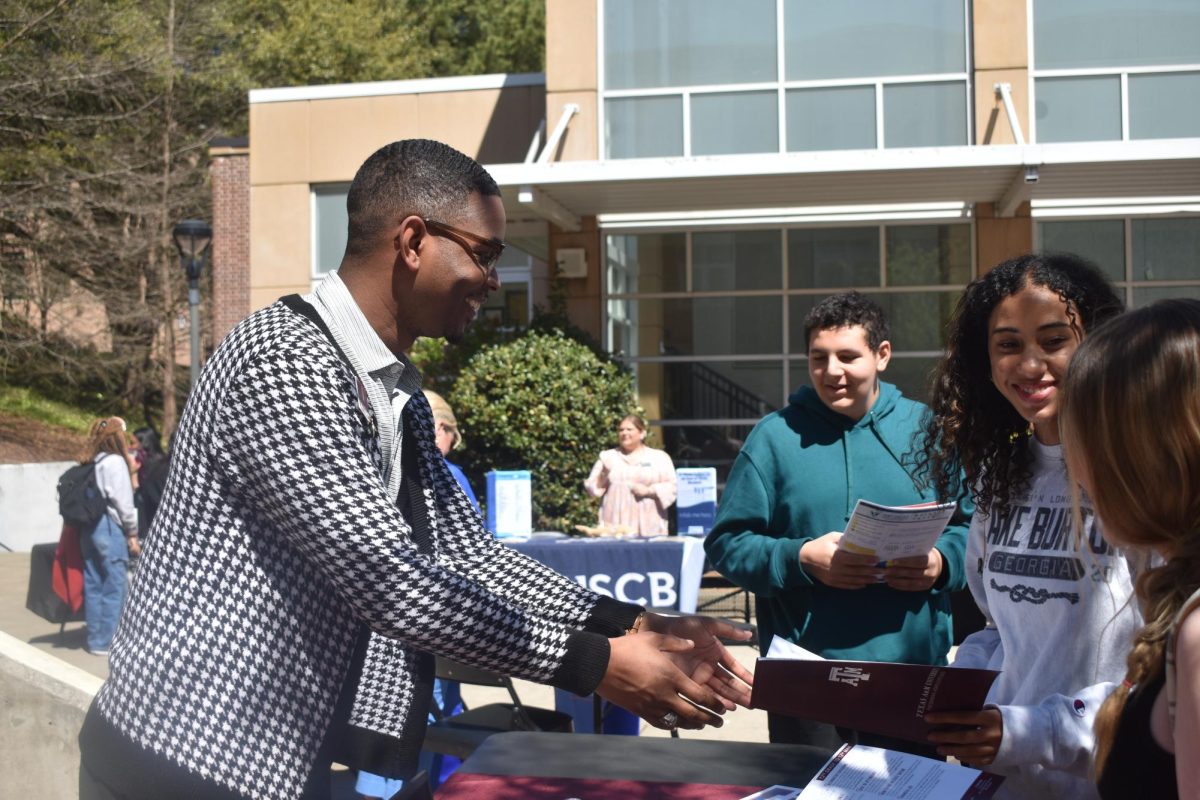
Judge Jerry Baxter is scheduled tomorrow to re-sentence three of the 11 defendants found guilty on charges of racketeering and other crimes in the APS cheating trials. Former educators Tamara Cotman, Michael Pitts and Sharon Davis-Williams have been called back to court to receive lighter sentences. The three former educators were sentenced to 20 years in prison, seven to serve and 13 on probation, with $25,000 in fines and 2,000 hours of community service.
Baxter called his case manager on April 20 and said he wanted to re-sentence those with the harshest sentences.
“I am going to substantially lower their sentences,” Baxter said. “If you go home and start worrying about what you did to somebody and what sentence you gave, and it bothers you, at least in my case, I start reconsidering.”
The 180 teachers at 44 APS schools were initially implicated by state investigations into cheating allegations. Accused of fabricating student answers on standardized tests between 2005 and 2009, 35 APS educators were indicted by the Fulton County grand jury. Many took plea deals, receiving a lighter penalty in exchange for a confession and an agreement to cooperate during the trials.
The trials for the remaining 12 defendants stretched nearly six months. On April 1, 11 defendants were found guilty. Sentencing took place on April 14 for 10 of the 11 defendants found guilty.
In an exclusive interview, The Southerner talked to Judge Baxter, who is also a Grady alum, about the APS cheating scandal, the trials and his decision to re-sentence.
The Southerner: What do you think came out of the trials?
Judge Baxter: I think a national exposure to a terrible problem. … I think people are beginning to question the way children are taught and question whether all this testing, teaching to the test, having so much importance on the tests, is really the great way to go. …
One bad part of all this … is just, teaching is just such a important job. There’s so many great teachers. It’s just sad to see everybody thrown in one basket, the Atlanta teachers, and there’s just hundreds and hundreds of honest, great teachers.
Southerner: Standardized testing is becoming more controversial nationwide. Did this play a role in the trial and if so, how?
Baxter: The total focus of the APS was on these test scores and the pressure was pretty much unbearable. The principals had like two or three years to perform or they lost their jobs. The pressure was coming from above, and Beverly Hall had it so. She had her targets that were much greater than the actual national guidelines. It was all focused on these tests. That was the total focus; it really wasn’t about learning.
Southerner: What prompted your decision to re-sentence Tamara Cotman, Michael Pitts and Sharon Davis-Williams?
Baxter: Sometimes when you’re a judge and in the heat of the moment, and you’re not real happy with what’s happening then that’s not a good time to sentence.
Since [the first sentencing] I have reflected and think the sentences I gave were too harsh. I called them in, and we’re going to have a re-sentencing, and I am going to substantially lower their sentences. They’ll still be penalized and all; there’ll still be conditions. But, if you have a conscience, and hopefully most judges do; if you go home and start worrying about what you did to somebody and what sentence you gave, and it bothers you, at least in my case, I start reconsidering.
… If it wasn’t this case then it wouldn’t be a big deal. I’ve done it before to young people I’ve given a lot of jail time to, and I’ve started feeling something more about the sentence that came.
Southerner: Is it normal to give defendants plea deals after convictions? Were you surprised that most didn’t take it?
Baxter: Yeah it’s very unusual. They put certain conditions on them recommending the sentence to me, and it’s up to me to take the DA’s [Fulton County District Attorney Paul Howard’s] recommendation or not. It’s totally not a judgement of what sentence they get.
… It was the morning I was supposed to sentence and I heard that the DA had been talking to some of these lawyers. He came into my office and outlined what he was doing, and I was upset. When I got in there and I heard all these families members of the convicted defendants showing the grief and the shame and just the hardship that the families had been through, the kids of these teachers and various people, I started getting a little shaky.
I was resolute, that I was going to sentence these people. They took their chance and I told them, and they lost. I started thinking what if we could just get this all over with and there’s no appeals. That was part of the deal: there wouldn’t be any appeal in this trial. [The DA] made this recommendation, and I accepted it. It was like going to jail on the weekends for some of them, being free.
But they all rejected [the deals]. They said no: we’re still defiant. Still, after they had been convicted. That’s what I’m saying; I was so in the heat of the moment.
I could not believe that they would be so arrogant not to do this when the evidence, when the verdict was true. They were convicted beyond reasonable doubt of the crimes they were charged with. I just said OK and sentenced them. Then I did some soul searching. The harshest sentences — I’m going to try to deal with them at the end of this week.
Southerner: What are you expecting to come out of the re-sentencing?
Baxter: Just peace of mind for me. It’s basically for me. I just wanna give what I think is an appropriate sentence and not have it done when emotions were running high. I was not real pleased when they didn’t take this offer. At the end of the day, I’ve got to be comfortable with my sentencing.
Southerner: Do you have any regret that those who chose to go to trial were more harshly sentenced?
Baxter: It’s a fact of life that people who take responsibility, they get the benefit of taking responsibility and they get a much, much lighter sentence. [For] the people who are tried, they put the system through a long and expensive trial; the punishment is not the same on the other end. It’s just not. …
I don’t enjoy sending people to jail. I just don’t. I don’t get a kick out of it at all. But this is not a victimless crime; it’s serious. Some say you can’t send these educators [to prison]; they’re educators. But I don’t know.
I’m comfortable, and I’m going to be comfortable with what I’m going to do on Thursday. I’m probably going to retire pretty soon, and I’m not going to look back and not have any great remorse for decisions I made. That’s why I’m doing this.
Southerner: Some Atlanta leaders have said that the entire issue should have just been a teacher certification issue, how would you respond to that?
Baxter: That is a civil remedy. That’s not a criminal [remedy], but what they did was criminal. Of course they had sanctions against them, and they’re pretty harsh civil penalties, but I don’t think that’s sufficient to address the extent of the dysfunction that went on and the crimes against the children.
Southerner: How have the trials affected you personally?
Baxter: I think they sort of made me crazy [chuckles]. Sometimes you don’t realize how you’re affected until it’s over with, and I think I’ve got a little bit of post-traumatic syndrome. It was just very difficult to go, day after day, after day, after day, and just do it for such a long period of time. … [I took] it one day at a time. If I tried to deal with it thinking about the whole thing, I probably wouldn’t have been able to do it.
Southerner: Do you think the trials were a good use of your time and the public’s money?
Baxter: Yes, actually I do because otherwise there’s no consequences. I think it’s riveted the attention of a lot of people in the United States [who got the message that] cheating our children is not a good idea. … It was traumatic for the city to go through it, but it was worthwhile.
Southerner: What do you the impact of the trials has been, or will be, on APS, the schools and the kids within it?
Baxter: Well I think that there’s not going to be any cheating. I think that they have put so many layers into their security on these things that that’s probably going to be doubtful. They’re also changing the tests; they’re going to do computerized [testing]. … There’s not going to be any room for this to happen.
But [for] Atlanta, I guess everybody is just in shock. I think they’re probably relieved that this is going to eventually be in the rearview mirror. It’s been front and center for so long. It’s been years. I think there is some sigh of relief.
Southerner: What do you think needs to change in APS and in Atlanta?
Baxter: I think poverty is a big driver. It’s just the nature of where those kids come from and until we somehow change that then I think we’re not going to be successful. A lot of people just say to hell with them, that’s where they live. Those are children. They were born and brought up in there, and they didn’t do anything wrong.
I think the total community needs to make that a priority. When we are building half a billion dollar stadiums when there’s a stadium right next door. … There’s homeless people all over the city. …
I think our priorities are pretty much screwed up. Until the city makes children in this community a priority [there will be no fix]. Everybody wants education to work, but it goes a lot deeper than that. It’s trying to figure out how to bring [children] up, out of this squalor that they live in. There’s crime and drugs and murder; it’s a place most people in Atlanta don’t even know exists, and it’s there and that’s the problem.
The Charges Explained by Judge Baxter
False swearing and false statements
The governor called out the GBI, and the police came and they were questioned, and they were put under oath to tell what they know and [to] tell the truth to the police, and that’s a separate charge – false swearing and false statements.
Theft by taking
Part one the criminal charges if theft by taking. There were bonuses that were given to people when they made the grade and the schools got money, and the teachers and every employee in the school got [a] bonus.
Racketeering Influenced Corrupt Organizations Act (RICO) charges
The main charge that glued everything together—that made it [possible] for me to try, it started out with, 35 defendants—was the RICO charges. … It’s basically when there’s an organization, and APS being the organization or entity, that goes into a criminal enterprise, that was changing answers and cheating and taking money. …
There was a lot of talk about [how] that’s a crime that’s usually used for gangsters[and] drug dealers. The Georgia law is so broad that all you need to do is have a entity, APS or a company, and they start doing illegal things and they get brought into this RICO statute.




